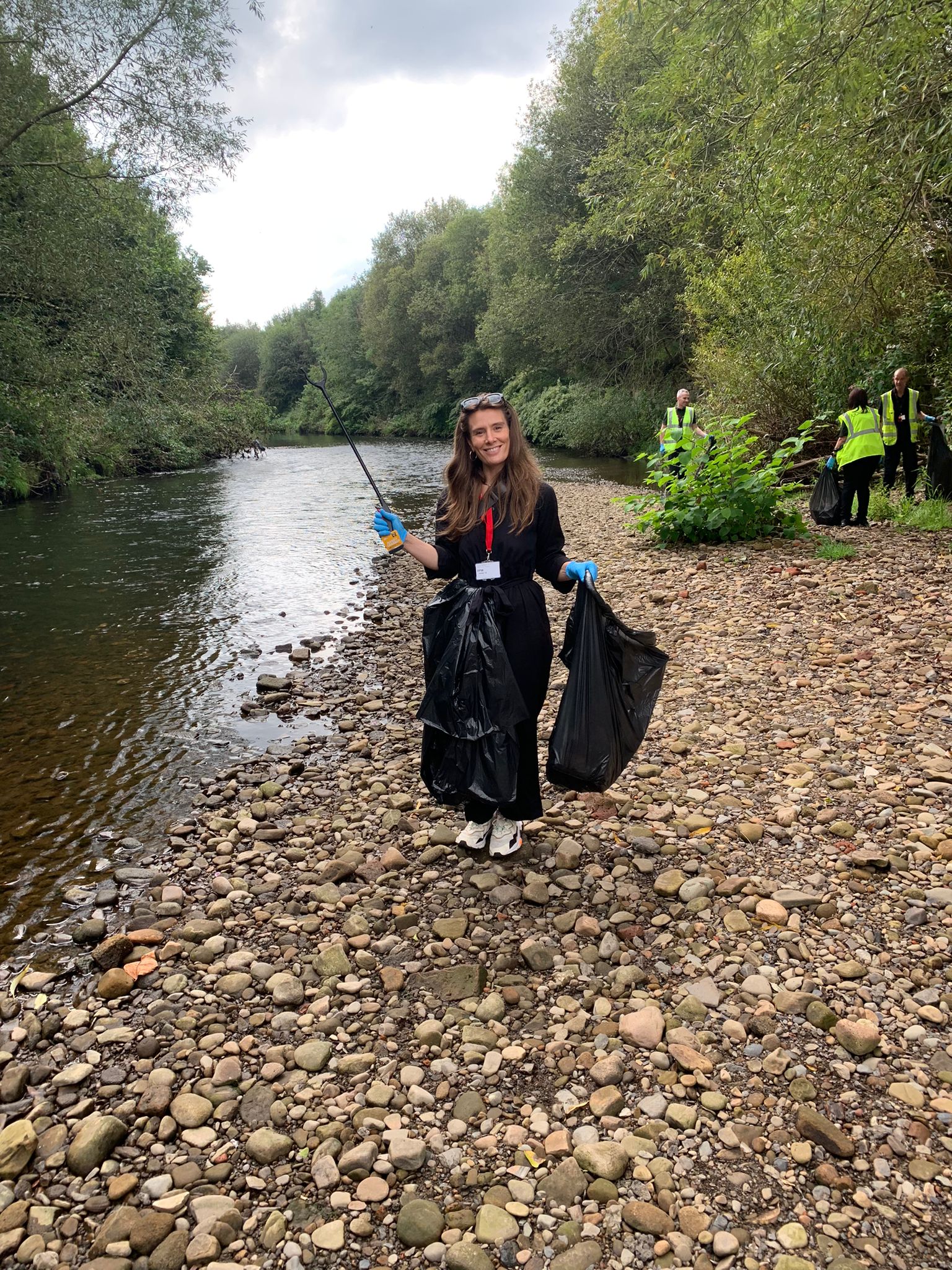Birkin Group Ltd reduce their carbon footprint - Climate Hub
- Summary
- The interview is about the comprehensive actions taken by Birkin Group Ltd to assess and reduce their carbon footprint, achieve carbon neutrality, and implement sustainable practices across their operations, aiming for net zero emissions by 2035.
- Image or logo
-

-
What action(s) have you taken?
In early 2023, we conducted a comprehensive assessment of our organisational emissions, encompassing scopes 1, 2, and 3, adhering to the WRI/WBCSD Greenhouse Gas Protocol Corporate Standard. This assessment laid the foundation for our carbon footprint baseline. To mark Earth Day, we achieved carbon neutrality by offsetting all emissions through Verified/Certified Emission Reductions accredited to the VCS or CDM standard.
Embarking on our regenerative business strategy, we aspire to expedite sustainable development within the cleaning industry, prioritising environmental integrity, fairness, and social justice. Aligned with science-based emissions reduction objectives, we target a 50% reduction in emissions within five years, aiming for net zero status by 2035. Our monitoring and reporting of organisational emissions adhere to the UK Government's Conversion Factors for greenhouse gas (GHG) reporting.
In January 2024, our annual Life Cycle Assessment (LCA) of all cleaning service operations provided invaluable insights into our environmental impact, facilitating informed decision-making and effective communication strategies. Recognising our customers' emissions as part of scope 3, we pledge accountability to both people and the planet. The LCA findings guide our efforts in decarbonising operations and setting science-based targets.
Our ISO 14001 certification underscores our commitment to environmental stewardship and sustainability, empowering us with enhanced environmental management capabilities and improved overall performance.
We've witnessed a remarkable 500% increase in electric vehicle adoption from 2020 to 2023, showcasing our dedication to reducing energy consumption and emissions.
At Birkin, we prioritise cleaning innovations and technologies to minimise energy, water, and chemical usage, surpassing traditional methods, thereby minimising environmental impact. Utilising advanced technologies such as sensors and cleaning robots optimises resource utilisation and enhances efficiency while promoting occupant health and safety by improving indoor air quality.
In late 2023, the launch of our Products and Innovations Board initiated trials of environmentally beneficial products on selected sites, fostering sustainability throughout our supply chain. All products undergo review for environmental benefits before consideration. This initiative has already led to trials of several green products and a sustainable supplier conducting LCAs on all products.
Our preferred cleaning product, OES Vortex One, exemplifies environmental friendliness, significantly reducing plastic waste and carbon emissions while promoting resource efficiency and cost savings. With one concentrate bottle yielding up to 100 spray bottles. Each purchase can save 20kg of plastic and 1.7kg of carbon emissions.
Internally, we've implemented a sustainable business travel policy, advocating for sustainable travel platforms like Trainhugger, which plants a tree for every rail journey as well as sustainable travel advice and small changes that can make a difference. Additionally, rules regarding travel duration in relation to meeting length have been established, alongside internal training on journey planning to minimise our carbon footprint.
Virtual training has been instrumental in changing workforce behaviours and fostering sustainable practices within our workforce, reducing the need for physical travel to alternative locations.
Birkin aspires to be a catalyst for positive change, collaborating with stakeholders to cultivate a climate-positive network and contribute meaningfully to society and the environment.
How has it helped tackle the climate and ecological emergency?
By encouraging the use of sustainable platforms like Trainhugger, which plants a tree for every rail journey booked, the company is reducing carbon emissions associated with business travel. Additionally, enforcing rules on traveling times helps minimise unnecessary travel, further reducing the carbon footprint.
Educating employees on journey planning and encouraging behaviour change to minimise carbon footprint demonstrates a commitment to reducing environmental impact at all levels of the business.
The establishment of the Products and Innovations Board ensures that all products and innovations undergo rigorous scrutiny to ensure they offer environmental benefits. This approach promotes the adoption of sustainable practices and technologies within the organisation and shows we are actively seeking ways to reduce our environmental footprint across various aspects of our operations.
Utilising virtual training reduces the need for physical travel, thereby lowering carbon emissions. Additionally, supporting suppliers on their journey to achieving net-zero emissions demonstrates a commitment to sustainability throughout the supply chain.
Overall, these initiatives demonstrate a comprehensive approach to tackling the climate and ecological emergency by addressing travel emissions, promoting sustainable product choices, and fostering a culture of environmental responsibility within Birkin and its broader network of suppliers.
How has it helped you/your organisation/your business?
We've not only taken steps to actively reduce our carbon footprint, thus aiding in tackling the climate emergency, but we've also raised awareness within our business and among our colleagues. We've empowered our colleagues to make changes and equipped them with the knowledge to make positive changes in their own lives. Along the journey, we've adopted a proactive approach to ESG; we're not simply ticking boxes, but actively implementing changes to lessen our impact on the planet.
What motivated you to take this action?
At Birkin, we believe that sustainability is not just a buzzword but a fundamental principle that should guide our actions and decisions every day. We have made a conscious effort to embed sustainability into our company culture and operations, from using environmentally friendly cleaning products to reducing waste and carbon emissions.
Were there any challenges?
Behavioural changes within Birkin presents challenges, but we ensure we provide training and support to all colleagues along our journey. This collaborative approach underscores our belief that this is a path we must take together.
What advice would you give others?
By implementing small changes, individuals can have a significant impact, such as reducing pollution, protecting water quality, and conserving energy. Similarly, companies can contribute by supporting local communities, educating on ESG practices, maintaining ethical business standards, and establishing clear ESG goals. These actions, though seemingly small, collectively lead to substantial positive effects on the environment and society.
- Website
- https://www.birkingroup.co.uk/

